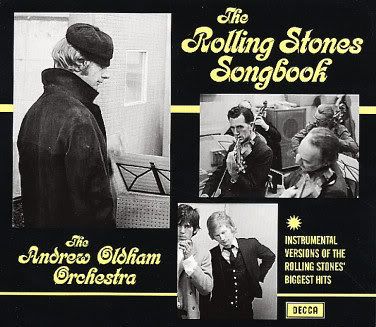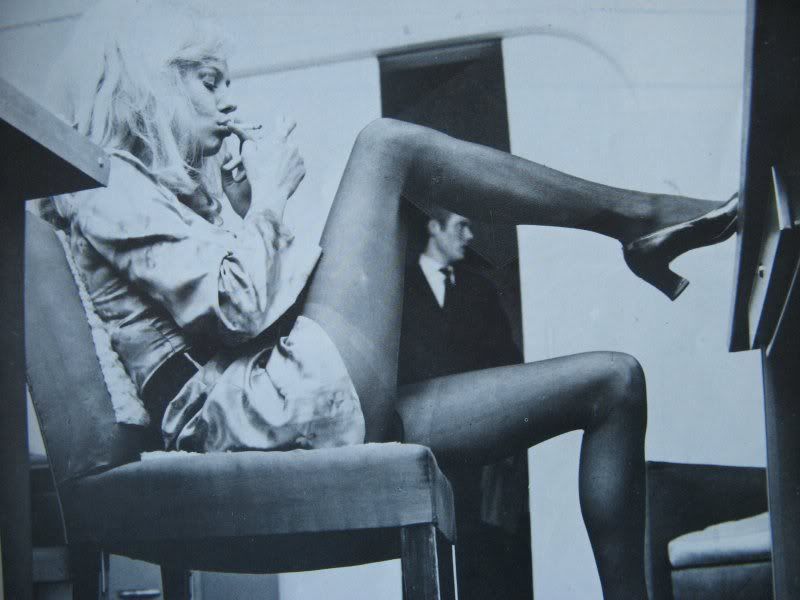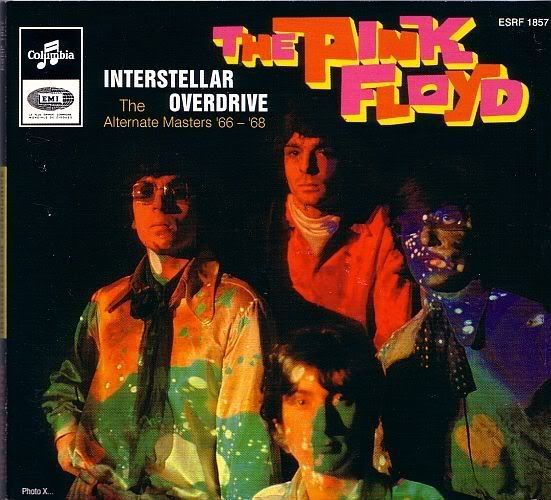 Download
DownloadAt the time, Andrew Loog Oldham must have looked the right part for releasing this record. It was such a nod to the square culture that the Rolling Stones were attempting to wipe away that you had to figure it for a joke. Sure, there were symphonic Beatles records, but somehow that was to be expected from them. Not the Stones -- no, they were rebels. Oldham was brought up on middle-of-the-road sounds and orchestral soundtracks as a kid, though, and making this album was a dream come true for him -- one that the huge success of his charges could make happen. He was also in love with the huge sound of Phil Spector and was directly inspired by the sound of Jack Nitzche's instrumental album,
The Lonely Surfer. With the help of arranger David Whitaker, Oldham made a record that paid homage to all of those influences, and 40 years later it sounds quite good. It even rocks surprisingly hard at times, thanks to the wise move of having crack session men like Nicky Hopkins, John Paul Jones, Big Jim Sullivan, and John McLaughlin provide the underpinnings.
Their grit gives the MOR orchestral strings and vocal choruses something rough to rub up against on uptempo tracks like "Satisfaction," the dramatic love songs like "Tell Me," and the moody ballads like "Play with Fire," "You Better Move On," and a very tough and powerful "Heart of Stone." Indeed, apart from a couple of breezy lounge-ready tracks like an Esquivel-ian "Time Is on My Side" and the Oldham original "Theme for a Rolling Stone" (which really should have been called "Love Theme for a Rolling Stone"), Whitaker and Oldham were actually playing for keeps, creating emotionally powerful and musically far-reaching works that sound a little corny at times but more often sock you right in the gut. And when you aren't expecting it, those are the punches that leave the most impression. Nowhere is that more evident than on "The Last Time," the song that the Verve sampled for "Bittersweet Symphony" in 1997. The Andrew Oldham Orchestra's original has all the grandeur and passion of the Verve's track, minus the trip-hop beats and trite lyrics. It's quite a surprise to modern ears that it outshines the remake, and it's an equally shocking surprise that this album is more than just a curiosity. Instead, it is a vital artifact that Stones fans and devotees of '60s pop should hear at least once. It might even become a mainstay of your hidden-treasures list. - AMG




